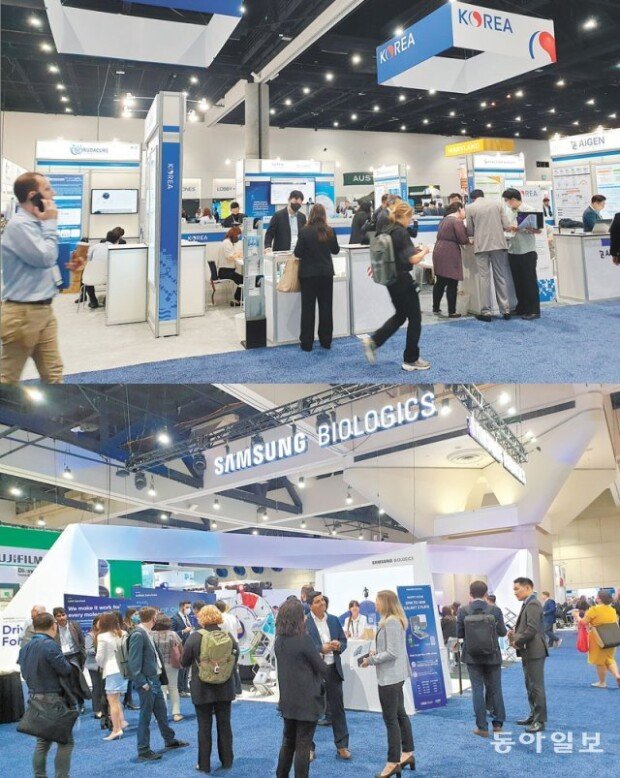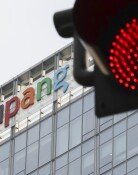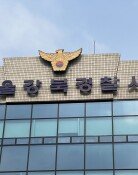K-bio enjoys much improved status on the world stage
K-bio enjoys much improved status on the world stage
Posted June. 16, 2022 07:54,
Updated June. 16, 2022 07:54

News on Covid-19 vaccines put the mRNA and digital therapeutics at the center of attentions and the two technologies are under the spotlight again in 2022 Bio International Convention, one of the biggest bio-pharmaceuticals exhibitions currently being in San Diego, the U.S. from June 13 to 16 (local time).
The convention has opened in person after three years, and 1,140 bio-pharmaceuticals across the world set up their booths and about 3,200 companies are taking part in. 255 Korean companies, the second highest number after the U.S., are among them. Thanks to the recently elevated status of Korean bio-companies in the world stage with their strong track records, a number of participants are visiting Korean companies’ display booths. On the contrary, participation from Chinese businesses have subdued due to recently worsened U.S.-China relations.
The theme of this year’s convention is “Limitless Together.” mRNA and digital healthcare drew particular attention as many attendees are seem to be working hard to find potential partnership opportunities after suffering downturn during the pandemic.
During ‘All Eyes on mRNA’ session held on Tuesday afternoon, consensus was formed among participants on the importance of mRNA technology. Currently commercialized mRNA vaccines are produced by Moderna and Pfizer to prevent Covid-19, and they have been directly connected to the lives of people across the world during the pandemic. When the situation was serious, the price of Covid-19 vaccines skyrocketed due to demand-supply imbalances making low-income nations suffer challenges in securing the much-needed supply. One solution to solve these issues is finding contract manufacturing partners from the onset of vaccine development stage.
Digital therapeutics, which is software to prevent, manage and treat illness, is emerging as an important area. This new method has been actively applied to treat dementia and cognitive behavioral therapy.
Pear Therapeutics (PT) and Akili Interactive Labs (AIL) are considered leading players in the field. PT developed a mobile application to treat drug addiction in 2017 and successfully received approval from the Food and Drug Administration (FDA) on its features, which was the first-time ever in digital therapeutics. AIL has developed software to treat ADHD for children.
The Korea Pavilion, run by Korea Bio Association and KOTRA, also drew attention from many countries.
Korean companies, such as AIGEN Sciences and LSK Global, are leveraging artificial intelligence to develop new therapy. AIGEN developed an AI-based technology that can lead anti-cancer drug to be activated only on targeted protein to minimize its side effects. LSK developed treatment for autoimmune disease - such as psoriasis and systemic erythematosus lupus- using AI simulation technology.
Kang Stem Biotech also received much attention. The company developed another type of treatment using cold blood stem cell for autoimmune disease including eczema and rheumatoid arthritis. “With much elevated receptions for Korean technology in biotech industry, even technology from relatively smaller sized Korean bio-companies are being well recognized,” Kang Kyung-sun, CEO of Kang Stem, mentioned “
“Previously in this convention, the biggest booth was set by Wuxi Biologics of China,” said Lee Seung-kyou, vice president of Korea BIO. “However, the competitive edge of Korean bio-companies has become stronger with much improved status of Samsung Biologics and well-made Covid-19 home test kits manufactured by several Korean companies.”
whatsup@donga.com




![[김순덕 칼럼]이재명 대통령은 격노하지 않았다](https://dimg.donga.com/c/138/175/90/1/wps/NEWS/IMAGE/2026/02/11/133349953.1.jpg)


